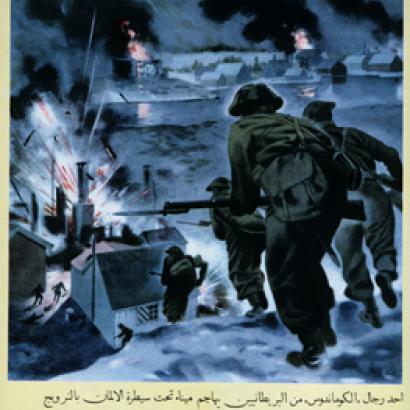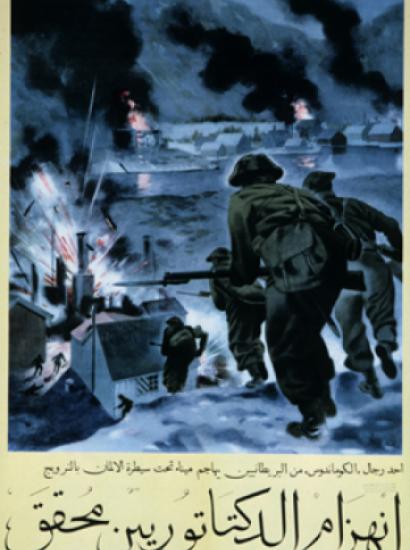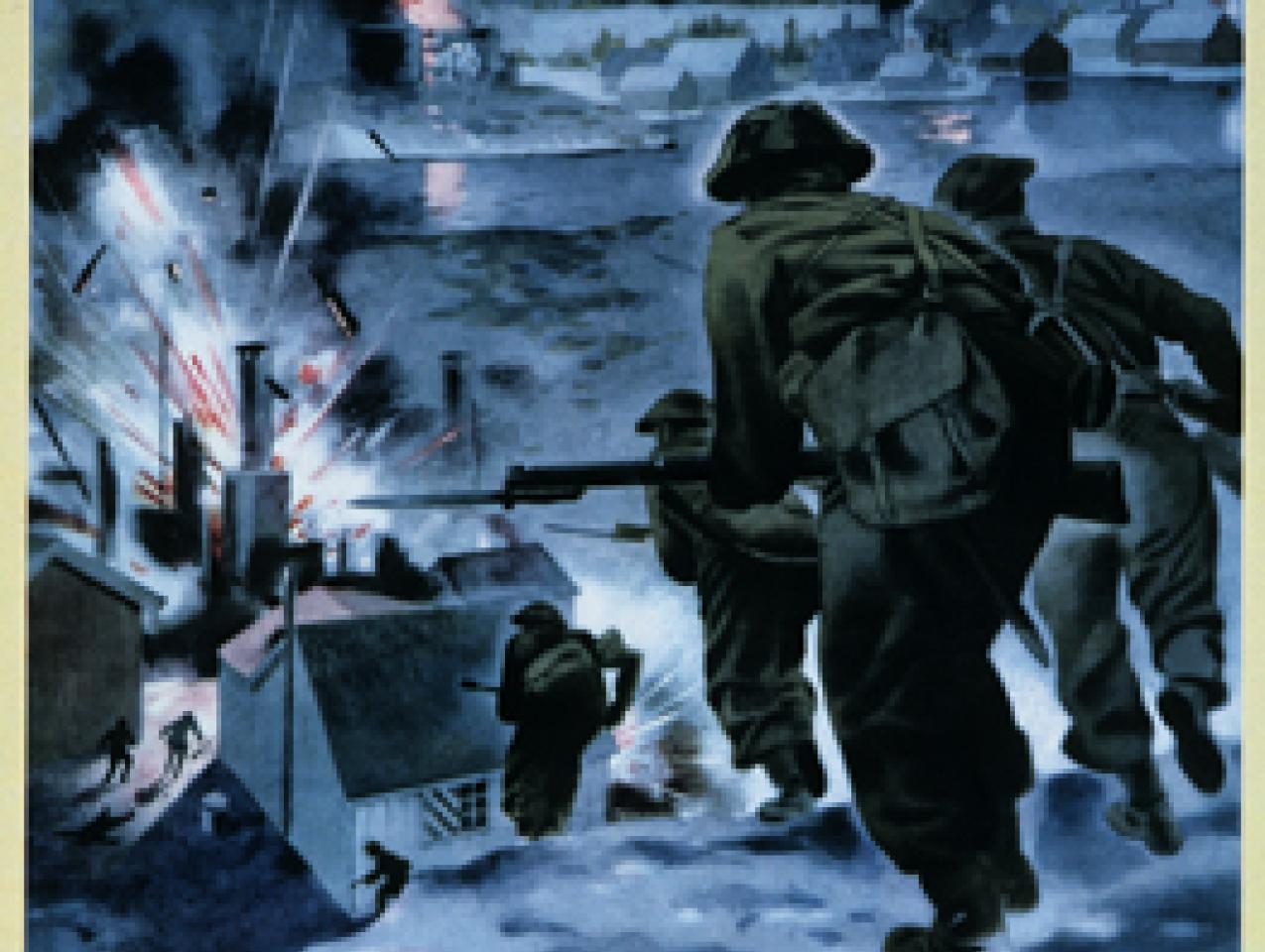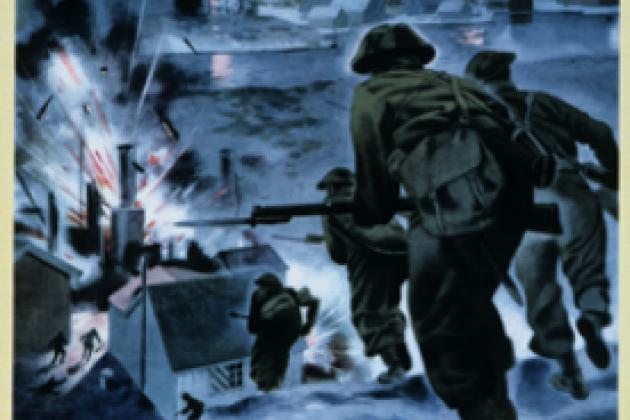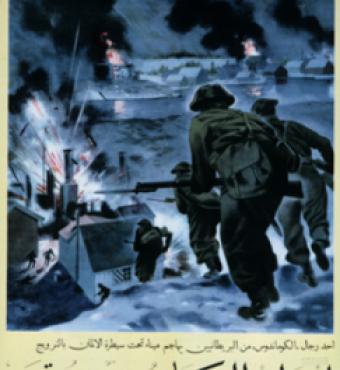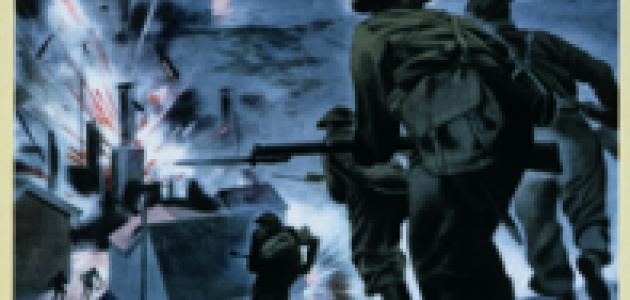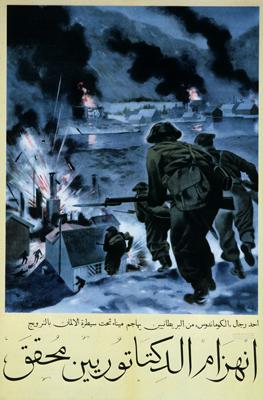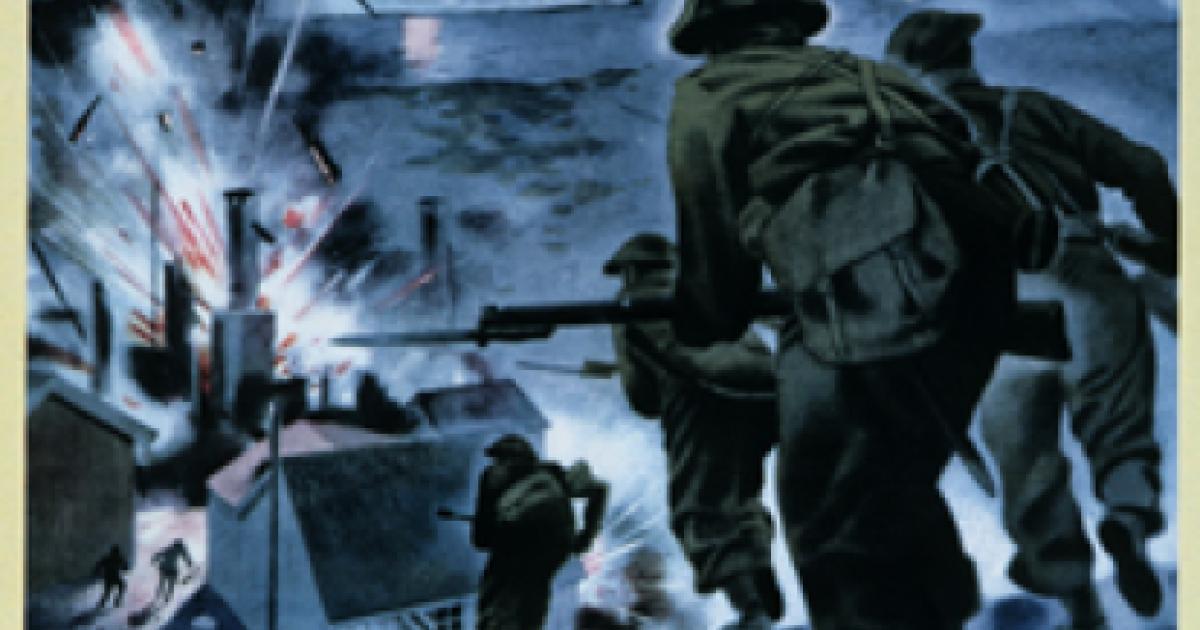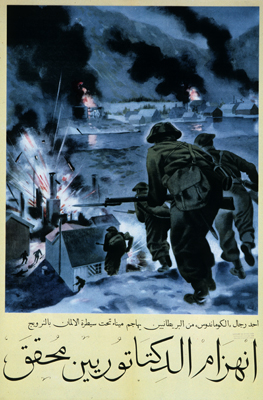
The linking of the San Bernardino massacre to ISIS has once again heightened the pressure on the Obama administration to alter its ISIS strategy. In his speech on Sunday, the President cited new initiatives of tangential value, such as tighter gun control and visa measures. The only new initiative of real significance in recent days, however, is the announcement of a one hundred-man “specialized expeditionary targeting force” to strike ISIS leaders in Iraq and Syria. According to the administration, the special operations forces assigned to this entity will capture or kill ISIS leaders, thereby degrading the organization’s ability to perpetrate terrorist attacks, particularly those beyond the borders of Syria and Iraq.
Until quite recently, the use of raids against the leaders of a powerful wartime enemy stood no chance of achieving decisive strategic results. Leaders were too well protected, their whereabouts were too difficult to determine, and the available weapons were too inaccurate to permit decapitation strikes on a large scale. At the beginning of the 21st century, however, advances in intelligence collection and precision munitions permitted the United States to achieve such scale, in Iraq and Afghanistan. The Obama administration is now seeking to replicate those successes against ISIS.
Unfortunately for the American campaign against ISIS, the new “targeting force” will operate under much less favorable conditions than its predecessors in Iraq and Afghanistan. For one, it is much smaller than those predecessors, which numbered in the thousands. For another, it lacks the assistance of tens of thousands of conventional American troops, who in the preceding conflicts helped the special operators by gathering information, providing logistical support, and securing bases. Third, ISIS has taken effective countermeasures against American raids, such as altering methods of communication and placing women and children near potential raid sites.
Most important to remember is that the large precision strike forces of the past were incapable of defeating Iraqi or Afghan insurgents on their own. When the U.S. government attempted to rely exclusively on surgical strikes, the enemy used its control of the population to recruit replacements, oftentimes becoming stronger than before. Only when American ground forces and their local allies established permanent security over the population was the United States able to degrade and defeat the insurgents. We should expect that ISIS, an especially clever and ruthless organization, will survive until someone’s armed forces capture and hold all the population centers now occupied by ISIS.







